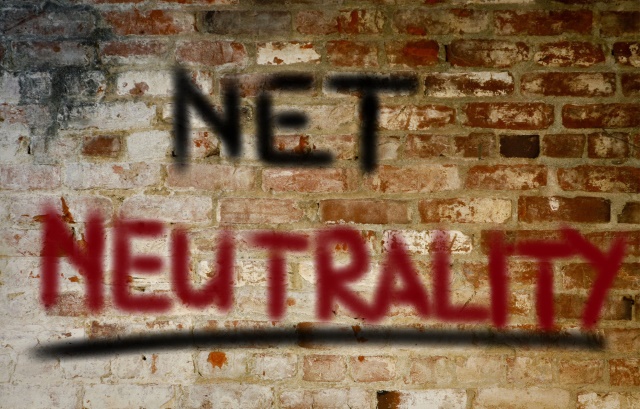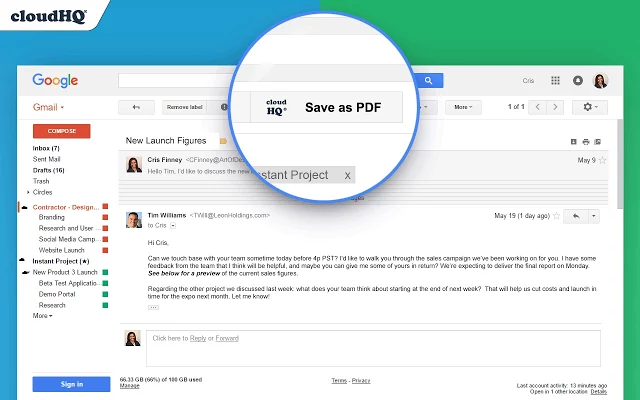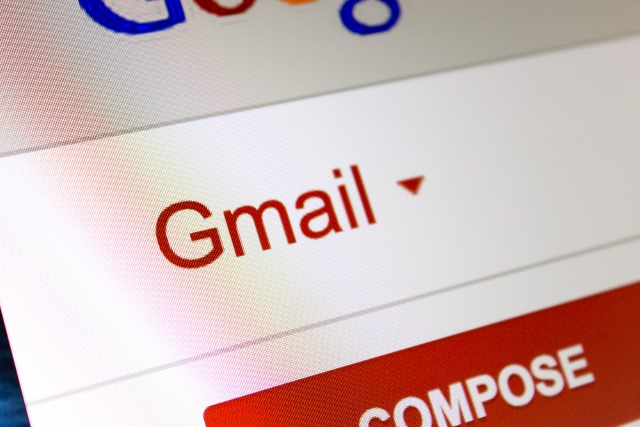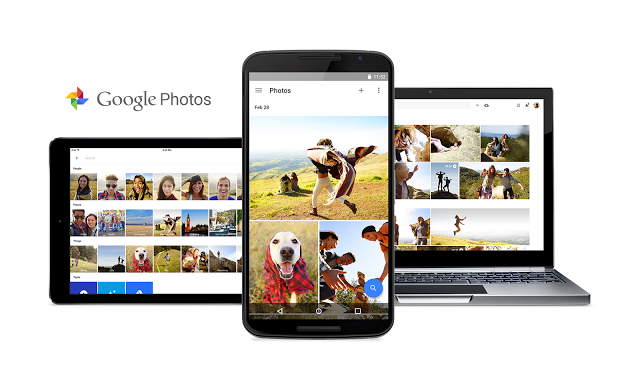
Google and Facebook to participate in net neutrality protest next week
Two of the biggest names in tech have finally added their names to a growing list of participants in a protest next week against the FCC's plans to tear up net neutrality rules.
Google and Facebook have confirmed they will take part in the July 12 protest which is known variously as the "Day of Action," the "Battle for the Net" and -- rather more wordily -- the "Internet-wide Day of Action to Save Net Neutrality." Precisely what form the companies' participation will take remains to be seen, but the involvement of two such big names will send a clear message to the FCC.

Wheelchair accessibility information in Google Maps improves via crowdsourcing
Google is making an important change to Google Maps that will help to make life a little easier for wheelchair users and people with other accessibility needs. Last year the company added accessibility information to locations on Maps, but now it is taking things a step further.
Recognizing that it will take a long time to wait for individual establishments to supply information about whether they have wheelchair access -- and even longer for Google to manually check things -- the power of crowdsourcing is being embraced. It's now easier than ever to add accessibility information about places to Google Maps.

Computer glitch disrupts technology stock prices
The stock prices for many major US technology companies nose-dived last night following a computer glitch. The problem also sent shares in Apple, Google, Amazon and Microsoft to the same price after the pre-Independence Day early closure of the stock market.
With all four companies seemingly having a stock price of $123.47, Microsoft's market value appeared to increase by nearly 80 percent, while that of Google and Amazon were both slashed by more the 85 percent. Nasdaq stresses that actual stock prices were not affected, and no trading completed with incorrect pricing.

Google users starting to embrace voice search
Those people who have started using mobile voice search in the last six months are the most frequent voice adopters, according to news coming out of Google UK.
More than four in ten (42 percent) are using it daily, compared to those that started using it more than four years ago, where it’s frequently used by a quarter. According to the report, the adoption curve is "getting to a point where brands and agencies need to start taking it seriously."

Sharing of patient data between Royal Free hospital and Google DeepMind breached Data Protection Act
A partnership between London's Royal Free hospital and DeepMind resulted in a breach of the Data Protection Act, an investigation by the Information Commissioner's Office (ICO) has concluded.
The personal data of more than 1.6 million patients was transferred to the Google subsidiary as part of the creation of Streams, an app to diagnose and detect acute kidney injury. The ICO found that patients were not properly informed about how their data would be used, and highlighted a "number of shortcomings" in the way data was handled.

Google News benefits from a major redesign and fact-checking
It may be a while since you took a look at Google News, but there's never been a better time to revisit the site. Google has just launched a major overhaul of the site, focusing on not just changing the look, but also improving navigation and giving more balanced coverage to stories.
The news aggregation site has been due something of an overhaul for some time, and the update cleans out the clutter, introduces a card layout, and places increased importance on balanced portrayal of topics and fact-checking.

Europe guts Google, and that's just wrong
Today the European Union gave Apple a great gift to celebrate iPhone's 10th anniversary (on June 29th): The ridiculous, record $2.7 billion fine, and associated sanctions, against Google that once again demonstrates the EU's small-minded oversight that wrongly regulates evolving technologies in a big world. The adverse antitrust ruling finds that the online titan favored its own online shopping services (and paying customers) over rivals.
In February 2010, with the EU Competition Commission's preliminary investigation starting, I rightly called "Google a dangerous monopoly". Seven years later, the competitive landscape has dramatically changed, and rapidly evolves. The Commission's action is too much, too late, and in the short-term can only benefit rivals like Apple that will dominate online activities and commerce as what we knew as traditional web search becomes something else.

Save Gmail emails to PDF or ZIP with a click
Save emails to PDF is a Chrome extension which enables saving any Gmail email to PDF in a couple of clicks.
Download options include saving individual emails to separate PDFs, merging all selected PDFs into one PDF, or saving conversations to CSV or Excel, apparently (the Excel option just saved to PDF for us).

Google hit with staggering €2.42 billion fine for manipulating search results -- and it could be forced to pay even more
Google has been fined a record €2.42 billion ($2.7bn/£2.1bn) by the European Commission after a seven year investigation sparked by Microsoft and other firms, found that the company had unfairly promoted Google Shopping above other similar shopping comparison services on its search site.
The ruling also states that Google has 90 days to cease its anti-competitive practices or it could occur further penalties, and they could really rack up.

Google Chrome bests Microsoft Edge in new battery life tests
Ask Microsoft which browser offers the best battery life on Windows 10 and it will not hesitate to tell you that Microsoft Edge is the best. And it has the test results to prove it: on a Surface Book, for instance, Microsoft Edge lasts a couple of hours longer than Google Chrome and Mozilla Firefox, which is remarkable.
But, and there is a but, an independent test disputes Microsoft's claim. YouTuber Linus Tech Tips has pitted Microsoft Edge against Google Chrome, Mozilla Firefox and Opera and discovered that it does not deliver as strong a performance as Microsoft claims.

Google to finally stop scanning Gmail messages
Somewhat controversially, Google has always scanned messages in Gmail in order to be able to present users with relevant, personalized adverts based on the email content. That’s something that has always worried people who are concerned with what personal information the company might be gleaning from their inboxes.
In a surprise announcement, the search giant today declares its intention to end the long-standing policy.

Google will now hide personal medical records from search results
Google has updated its search policies without any sort of fanfare. The search engine now "may remove" -- in addition to existing categories of information -- "confidential, personal medical records of private people" from search results.
That such information was not already obscured from search results may well come as something of a surprise to many people. The change -- first reported by Bloomberg -- has been confirmed by Google, although the company has not issued any form of announcement about it.

Google Photos removes backup while charging option
As a tool to backup your photos and videos to the cloud, Google Photos should give you a fair degree of control over how and when you want the backups to be performed. However, a new update to the popular app on Android manages to do quite the opposite, removing a very useful feature -- which is sure to frustrate some users.
Google Photos has dropped the backup while charging option from the settings menu, forcing users to either perform backups manually or accept that backups can happen anytime their smartphone or tablet is connected to a cellular or Wi-Fi network.

Amazon and Microsoft lead IaaS market
Market analyst Gartner has released a new magic quadrant that visualizes how cloud companies are currently sitting in the market. According to the report, Amazon and Microsoft are the sole leaders of the market, with the rest far, far behind.
Amazon Web Services is leading the charge. Microsoft is (sort of) trailing, but it is still considered a leader in the IaaS market.

Google Search now has a playable fidget spinner
Fidget spinners are this year’s big craze, especially among school children. There are lots of different types, and they can cost anything from a few dollars to a few thousand dollars.
Google is getting in on the fad, introducing a virtual fidget spinner to its search site.
